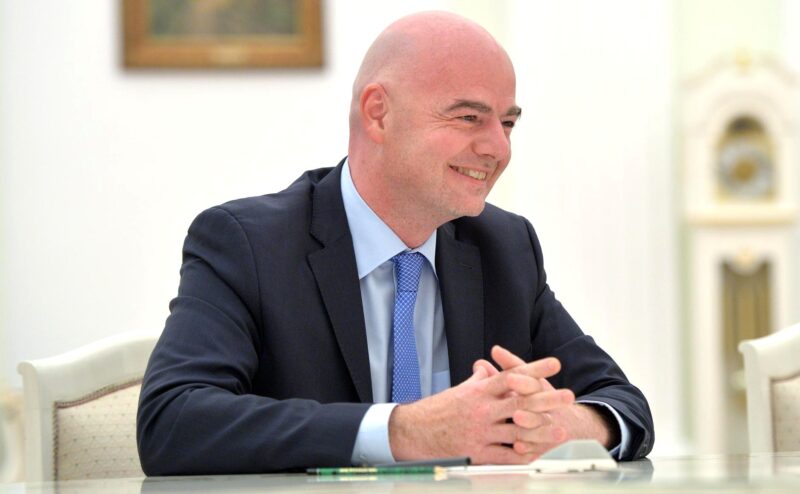Football
A World Cup every two years would raise over £3 billion extra, all the associations would get their money’s worth
There is more and more talk of holding the World Cup every other year instead of every four years. UEFA disagrees, but it is not the only one. Now, however, an estimate has been published of the revenue that a more frequent World Cup would bring. Will this change the attitude of opponents?

There is more and more talk of holding the World Cup every other year instead of every four years. UEFA disagrees, but it is not the only one. Now, however, an estimate has been published of the revenue a more frequent World Cup would bring. Will this change the attitude of opponents?
The World Cup has long been held once every four years, but there has been much talk recently about changing this period from four years to two. Not everyone agrees with this, there are more than enough reasons.
However, FIFA is still looking into this possibility. They even know what profit this change could bring.
Independent research was carried out for FIFA by Nielsen. It shows that revenues should rise by £3.3 billion, almost £100 billion in koruna terms.
World championships now earn £5.3 billion, if the championships were held more often, profits would rise to £8.6 billion.
It would mean riches for all. In fact, each of FIFA’s 211 associations stands to make an extra £12 million over each four-year cycle if the change goes ahead.
It is worth noting that 133 of these 211 associations have never played in a final championship.
FIFA believes that a World Cup every two years would raise the quality of international football across the world. Similarly, OpenEconomics estimates that the change would have a positive impact on global GDP, which is expected to rise by £136 billion over the 16-year cycle.
It is also calculated that around two million new full-time jobs would be created.
As FIFA chief Gianni Infantino argues, just as there are many voices and reasons not to make the change, there are also many reasons to make it.
“I understand that in some countries on the continents you have World Cups twice a week because the best players play there. But in some countries they don’t see them even once in their lifetime, Our study shows that the young generation wants the World Cup more often,” Infantino expressed.
Europe is the most opposed to the change, but the response is generally positive. While 48% of the survey participants in Europe agree with the change of cycle, 66% in Asia and even 76% in Africa are in favour.
According to the survey, the change is most disliked by those over 55.
Infantino, on the other hand, believes that hosting the World Cup more often would certainly not negatively affect its prestige, a common argument of opponents.
Sources: FIFA, Sky Sports










